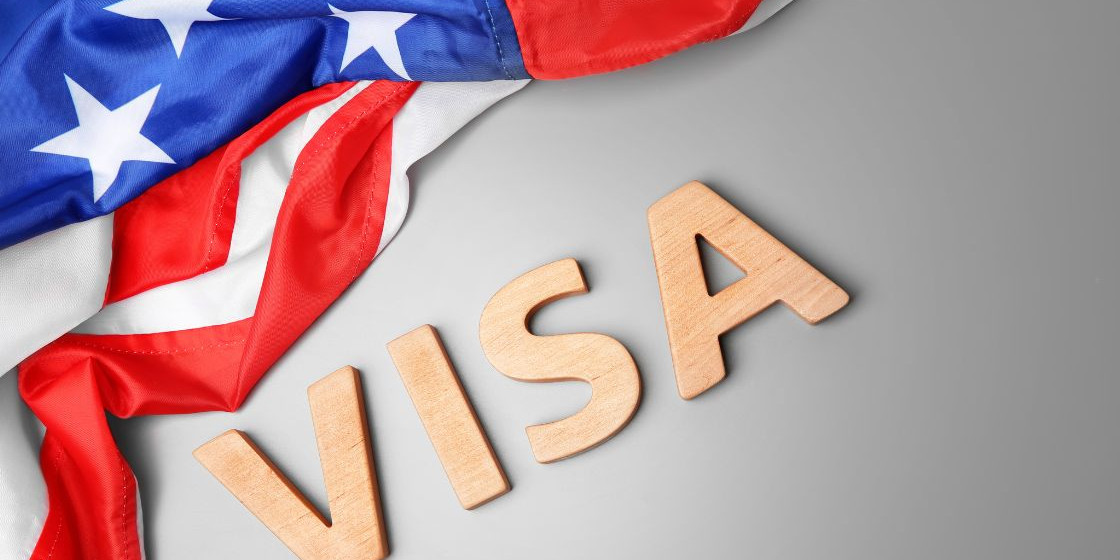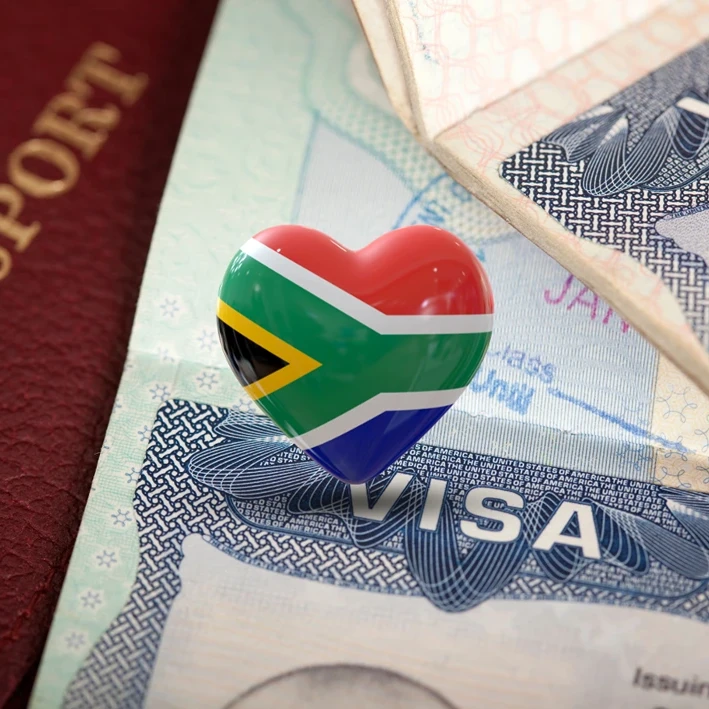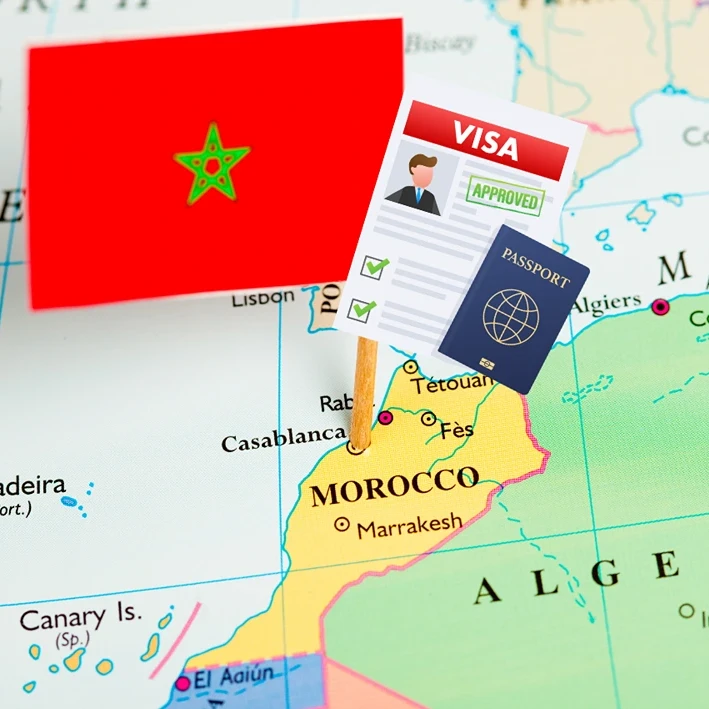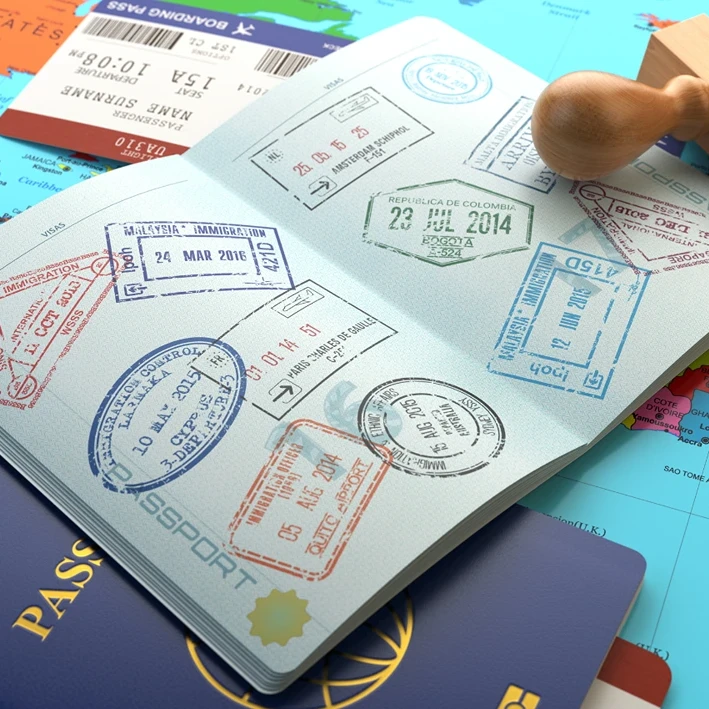Is the labyrinth of U.S. visa requirements leaving you baffled? You’re not alone. Navigating the complexities of U.S. visa eligibility and paperwork can be daunting, but understanding these requirements is critical to ensuring a successful application. With various visa types, each demanding its specific set of documents, knowing precisely what’s needed makes a difference. This guide aims to demystify the process by providing a clear overview of general requirements, eligibility criteria, and documentation, empowering you with the knowledge to approach your U.S. visa application with confidence.
Table of Contents
ToggleUnderstanding Visa Requirements for the United States
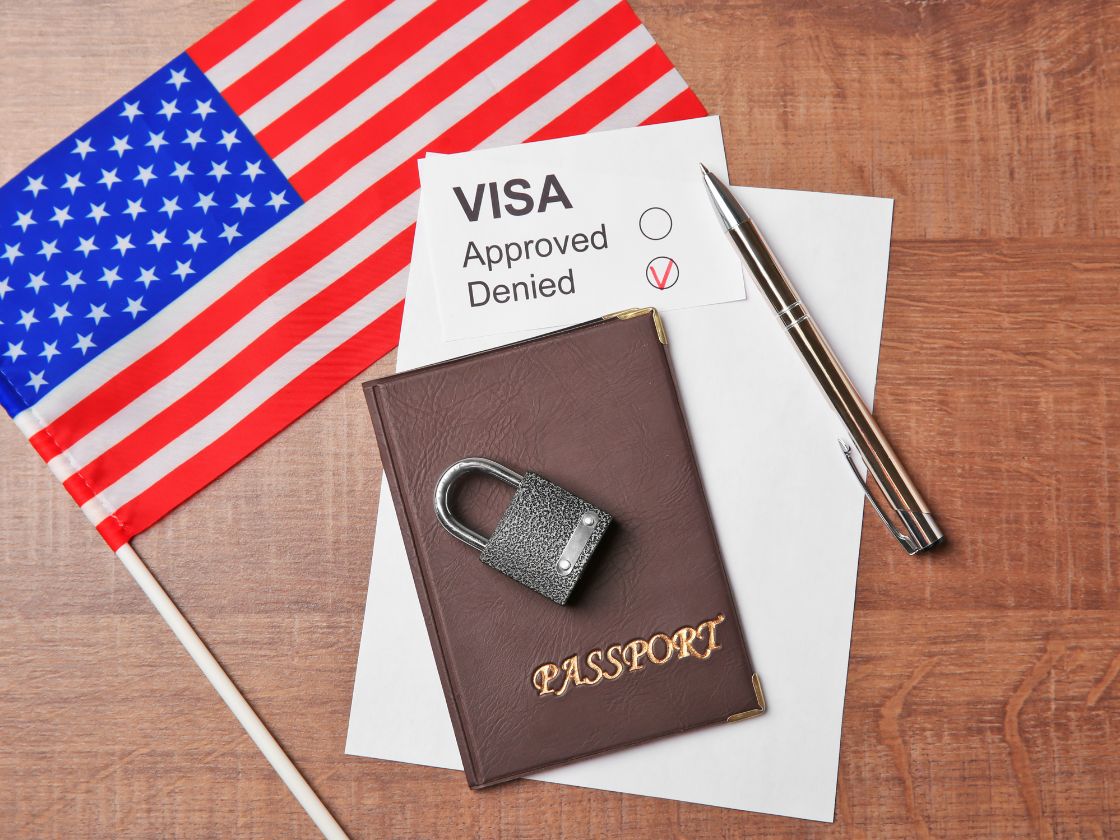
Understanding the visa requirements for the United States is crucial for anyone intending to visit or move to the country. Each visa type has specific criteria that must be met, and failing to adhere to these can result in denial. The requirements are designed to ensure that applicants have a clear purpose for their visit, whether it’s for tourism, business, study, or work. Knowing these requirements upfront not only saves time but also increases the likelihood of a successful application.
General eligibility criteria for U.S. visas include demonstrating ties to your home country, such as employment, property, or family commitments, that ensure your return after the visit. Applicants must be able to prove that they have sufficient financial resources to cover their stay in the U.S. without becoming a public charge. Additionally, a clean criminal record and no prior visa violations are typically necessary to meet eligibility standards. These criteria serve as the foundation for assessing the applicant’s intent and ability to comply with U.S. immigration policies.
When applying for a U.S. visa, specific documentation is required to support the application. Commonly needed documents include a valid passport, a completed DS-160 form, and a visa fee payment receipt. Depending on the visa type, additional documents like proof of admission to a U.S. educational institution for student visas or an employment letter for work visas might be necessary. An invitation letter from a U.S. resident can also be beneficial. These documents collectively verify the applicant’s purpose of travel and their ability to meet the financial requirements.
| Visa Type | General Requirements |
|---|---|
| Tourist Visa (B2) | Valid passport, DS-160 form, proof of financial means, ties to home country |
| Business Visa (B1) | Invitation letter from U.S. business, proof of employment, DS-160 form |
| Student Visa (F1) | Acceptance letter from U.S. institution, financial support proof, SEVIS fee receipt |
| Work Visa (H1B) | Job offer from U.S. employer, labor condition application, DS-160 form |
Different Types of U.S. Visas and Their Specific Requirements
Choosing the correct visa type is essential for ensuring a smooth application process and fulfilling the intended purpose of your visit to the United States. Each visa type has distinct requirements tailored to different activities, whether it be tourism, business, or study. Understanding these distinctions helps streamline the application and interview process.
Tourist Visa (B2)
The Tourist Visa (B2) is for individuals planning to visit the U.S. for leisure, medical treatment, or visiting family. It requires applicants to complete the DS-160 form, provide a valid passport, and demonstrate sufficient financial means to cover the trip. An essential requirement is proving ties to the home country, such as employment or family, to assure the U.S. government of the visitor’s intention to return. Typically, the B2 visa allows for a stay of up to six months, with the possibility of an extension in certain circumstances.
Business Visa (B1)
The Business Visa (B1) caters to individuals traveling for business-related activities, such as attending meetings, conferences, or negotiating contracts. The application process involves submitting the DS-160 form, a valid passport, and an invitation letter from a U.S. business entity detailing the visit’s purpose. Additional documentation proving the applicant’s employment and financial ability to support themselves during the stay is necessary. The B1 visa generally permits a temporary stay, similar to the B2 visa, with a standard duration of up to six months.
Student Visa (F1, M1)
Student visas, including F1 and M1, are designed for individuals pursuing educational programs in the U.S. The F1 visa is for academic studies, while the M1 visa is for vocational training. Applicants must obtain an acceptance letter from a U.S. educational institution and pay the SEVIS fee. Proof of financial support to cover tuition and living expenses is critical. The DS-160 form, along with a valid passport, completes the application requirements. Student visas are typically valid for the duration of the academic program plus any authorized practical training.
Navigating the U.S. Visa Application Process
Applying for a U.S. visa involves several key stages designed to assess eligibility and intent. The process begins with completing the DS-160 form, an online nonimmigrant visa application that gathers essential information about the applicant. Once submitted, this form serves as the basis for the visa interview, which is a critical component of the application process. The interview is conducted at a U.S. Embassy or Consulate in the applicant’s home country, where they must present supporting documents and answer questions about their travel intentions.
- Complete the DS-160 Form: Access and fill out the online form at the Consular Electronic Application Center. Ensure all information is accurate and matches your travel documents.
- Pay the Visa Fee: Follow instructions to pay the non-refundable visa application fee. Keep the receipt as proof of payment.
- Schedule the Interview: Use the U.S. Visa Information and Appointment Services website to book an interview at your nearest U.S. Embassy or Consulate.
- Prepare Supporting Documents: Gather necessary documents such as a valid passport, DS-160 confirmation page, visa fee receipt, and any additional documents relevant to your visa type.
- Attend the Interview: Arrive at the embassy or consulate at your scheduled time, bringing all required documents. Be prepared to answer questions about your travel purpose and background.
Success in the U.S. visa application process hinges on thorough preparation and honesty. Ensuring the accuracy of the DS-160 form is paramount, as discrepancies can lead to delays or denials. During the interview, applicants should clearly articulate their travel intentions and demonstrate ties to their home country. Honesty about previous visa denials or other relevant issues is crucial, as transparency can positively impact the decision-making process. By approaching the application with diligence and integrity, applicants can enhance their chances of obtaining a U.S. visa.
U.S. Visa Fees and Payment Methods
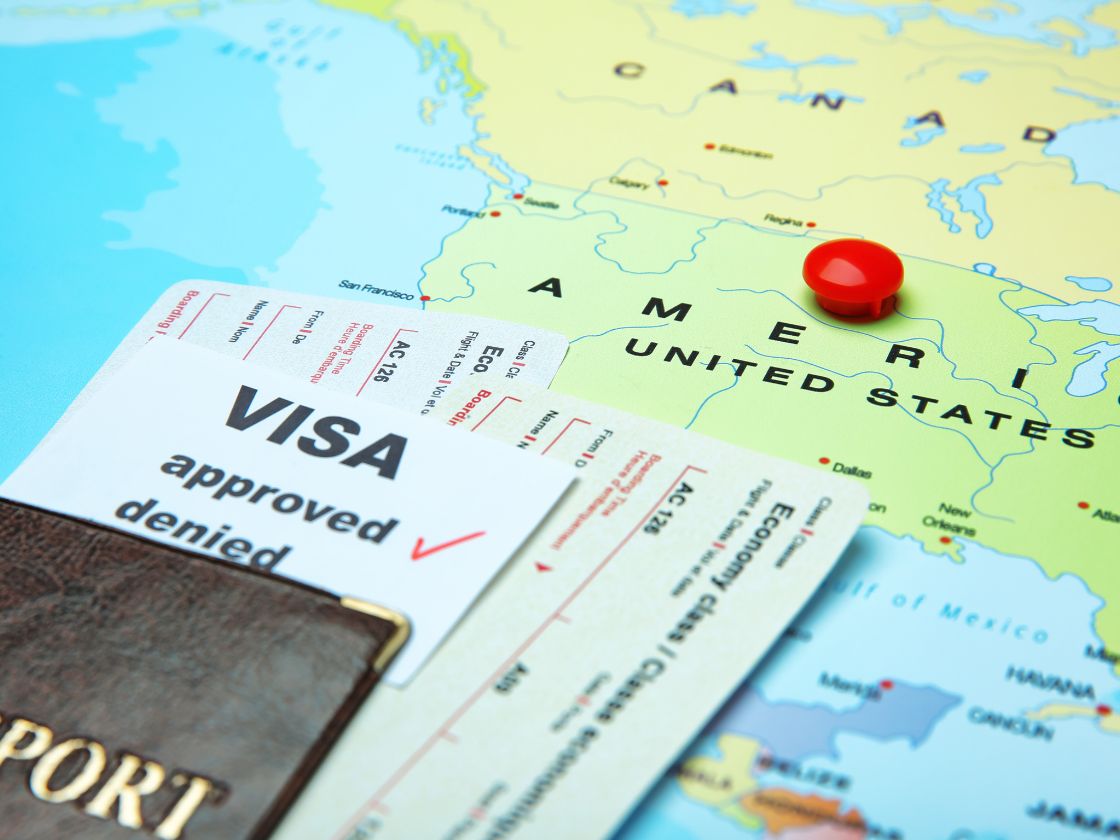
U.S. visa fees vary depending on the visa type you are applying for. For instance, the fee for most nonimmigrant visas, such as the B1/B2 Tourist and Business visas, is typically $160. More specialized visas, like the H1B work visa, have higher fees, often around $190. It’s important to note that these fees are non-refundable, even if the visa application is denied. Applicants must pay the visa fee before scheduling an interview at a U.S. Embassy or Consulate, as the payment receipt is required for the interview.
- Credit Card: Payments can be made using major credit cards online.
- Debit Card: Debit cards linked to major networks are accepted.
- Bank Transfer: Some locations offer payment through local bank transfer.
- Cash Payment: In certain regions, applicants can pay in cash at designated banks or payment centers.
Visa fee waivers are generally uncommon and only apply under specific circumstances. For example, certain diplomatic or official visa applicants may be exempt from paying the fee. Additionally, participants in U.S. government-sponsored programs may qualify for a fee waiver. Applicants must check the specific criteria for fee waivers to determine eligibility. Understanding these payment methods and possible exemptions can help streamline the application process, ensuring all financial obligations are met efficiently.
Preparing for Your U.S. Visa Interview
The U.S. visa interview process is a critical step in the visa application journey, involving a series of security checks and the presentation of essential documents. Applicants must attend the interview at a U.S. Embassy or Consulate, where they are required to verify their identity and substantiate their travel plans. During the interview, consular officers assess the applicant’s intent to return to their home country by examining ties such as employment or family connections. It’s important to arrive well-prepared with all necessary documentation, including your DS-160 confirmation page, passport, and visa fee receipt, to support your case effectively.
- What is the purpose of your trip to the U.S.?
- How will you fund your stay in the United States?
- Do you have any relatives or friends in the U.S.?
- What ties do you have to your home country?
- Have you traveled to the U.S. before?
Effective preparation is key to a successful visa interview. Start by thoroughly reviewing your application documents to ensure consistency and accuracy. Practice answering potential interview questions confidently and clearly, focusing on your travel intentions and ties to your home country. Dressing appropriately for the interview and maintaining a professional demeanor can positively influence the outcome. Lastly, familiarize yourself with any specific instructions provided by the embassy or consulate where your interview will take place, as procedures can vary by location. By preparing diligently, applicants can increase their chances of a favorable interview outcome.
Updates and Changes in U.S. Visa Policies
Recent updates in U.S. visa policies have been implemented to address shifting immigration objectives and global circumstances. For instance, new regulations might include changes in eligibility criteria, application procedures, or documentation requirements, reflecting current U.S. immigration priorities. One notable update in recent months is the increased scrutiny on financial documentation, ensuring that applicants can independently support their stay without becoming a public burden. Such changes aim to streamline the application process while safeguarding national interests, making it essential for potential applicants to stay informed and prepared.
These policy adjustments can significantly influence applicants by altering the documentation they must provide or the criteria they must meet. For example, stricter financial scrutiny means applicants need to present comprehensive financial records, potentially lengthening the preparation phase. To navigate these evolving regulations successfully, applicants should regularly consult reliable sources for the latest updates. Subscribing to resources like Xpat Journeys can provide timely information on U.S. visa news and regulatory changes, equipping applicants with the knowledge necessary to adapt their application strategies and increase their chances of approval.
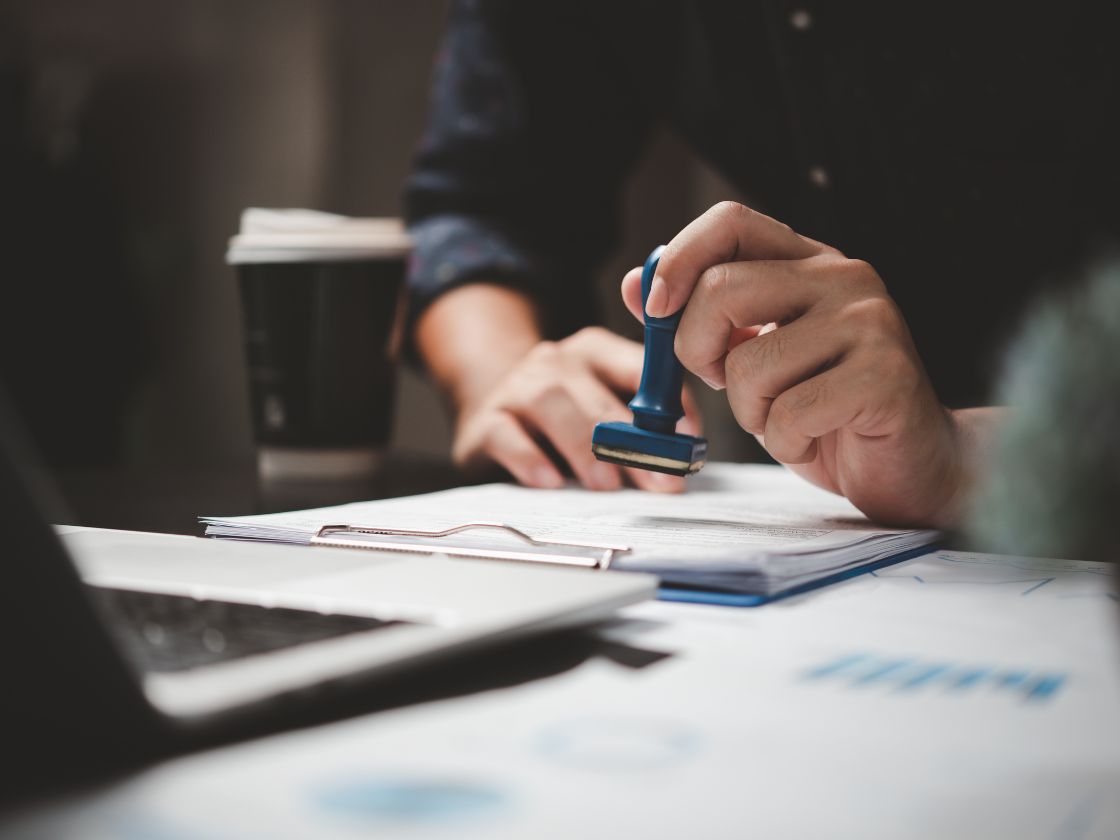
Final Words
Grasping Visa Requirements for the United States is crucial for prospective travelers and expatriates. The article explains the array of available U.S. visas, their specific requisites, and guides readers meticulously through the application process and associated costs.
A solid understanding of the visa process, along with thorough documentation and preparation for interviews, can significantly affect the outcome. Staying updated on the latest U.S. visa policies will aid applicants in adapting their strategies accordingly.
With thorough preparation and detailed knowledge, navigating U.S. visa applications becomes a manageable task.
FAQ
What is required for a visa to the USA?
A: To obtain a visa to the United States, applicants must provide a valid passport, complete Form DS-160, pay a visa fee, and schedule a visa interview. Additional documents may be required based on the visa type.
Do I need a visa to travel to the United States?
A: Travelers need a visa to enter the United States. However, citizens from Visa Waiver Program countries can enter without a visa for short visits, typically up to 90 days, for tourism or business.
Which countries can enter the USA visa-free?
A: Citizens from 40 countries, including the UK, Japan, and Australia, can enter the United States visa-free under the Visa Waiver Program. The program allows short stays for tourism or business.
What are the requirements for a U.S. tourist visa?
A: Requirements for a U.S. tourist visa include a valid passport, completion of Form DS-160, visa fee payment, scheduling a visa interview, and providing evidence of strong ties to the home country to ensure return after the visit.
Hazel Wall is a passionate traveler, writer, and explorer dedicated to sharing her experiences and insights with fellow adventurers. With a background in journalism and a deep love for discovering new cultures, Hazel has journeyed across continents, immersing herself in diverse landscapes and traditions.


